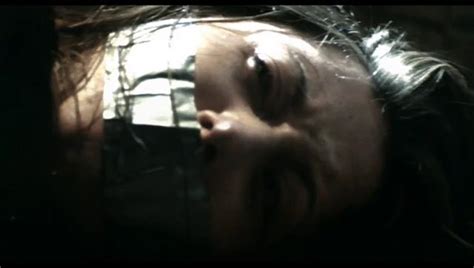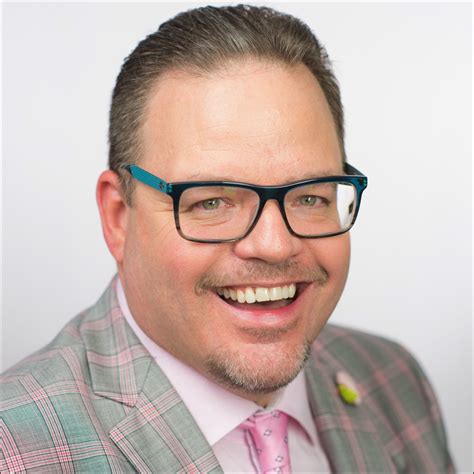A Quote by Nicole Blackman
When I knew what I had to do / I took all my notebooks, all my manuscripts / and ate them page by page / so I could take my words with me
Related Quotes
It was probably 10 at night when I started to read Donnie Darko. I get in bed and read the first page, and I go, "Hmmm. That's interesting." Second page, "Wow." By the fourth page, my heart started to beat, and I knew. It makes me cry, because I knew I had found a classic film. You just know when you get certain material.
Yes, the fear of its blankness. At the same time, I kind of loved it. Mallarmé was trying to make the page a blank page. But if you're going to make the page a blank page, it's not just the absence of something, it has to become something else. It has to be material, it has to be this thing. I wanted to turn a page into a thing.






































